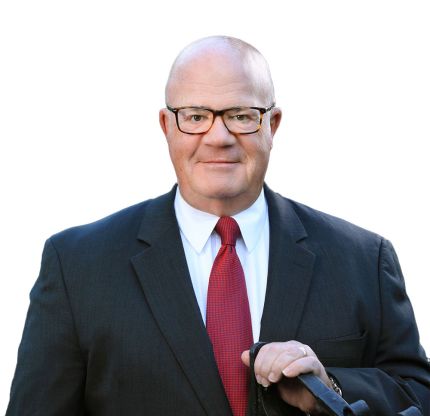
The March Of Dimes & Funeral Service
The March of Dimes was founded in 1938 by Franklin D. Roosevelt to eradicate Infantile Paralysis (Polio).
With the advent of Jonas Salk’s vaccine in the early 1950’s the disease was largely eradicated in the Western World. In 1994 the United States was the first nation to be certified “Polio Free.”
What does this have to do with Funeral Service?
Metaphorically, the history of The March of Dimes is instructive to the history of Funeral Service.
By 1976 Polio was so rare in the U.S. that most people thought the battle was won. But by then, the March of Dimes had become an institution. It had local chapters, it had employees, it had facilities, it even had a budget. It had successfully raised millions of dollars.
The stakeholders were faced with a dilemma. “What do you do when what you do loses its relevance?”
Fortunately, they had some smart people who were able to step outside of themselves and think about what’s next. In my imagination I can hear them saying:
“Let’s see…we have a dedicated and successful staff, we have a globally recognized brand, we have a system and a network, we have competency in operating a charitable organization, we are well – connected. and so on.”
History would suggest that they realized that they had more going for them than not. They just needed to reimagine (not reinvent) their purpose in a way that their strengths would carry them forward. Today, they are still globally recognized as an important resource in the fight against birth defects.
Funeral Service has reimagined itself more than once in the last 175 years. I doubt Joseph Gawler in 1850 even imagined the advent of embalming. Yet a mere 30 years after the founding of Gawlers the first embalming school was established. Likewise, I doubt he could have foreseen the day when manufactured caskets would supplant the home-built coffin.
Funeral Service has progressed and developed continuously here in America. The skill sets important in Joseph Gawler’s day are largely irrelevant today.
So, what do we have going for us? Well, people still die and will for the foreseeable future. Families still have need of someone to help with the process of disposal. What they seem to be moving away from is the furniture. At the same time, those who have begun to develop the skill of “Appreciative Inquiry” in the arrangement interview are discovering that they still want to honor the dead and interact in, what used to be, unconventional ways. The public does, in fact, care. We just haven’t yet developed the skill of helping them do it the way they feel is appropriate to them. A few have, but most are still locked into the furniture mindset. The funeral professionals who have, are experiencing renewed enthusiasm, renewed relevance and increased customer loyalty. It’s a new skill set. I think that skill set is well suited to most funeral director’s personality. It’s just a different approach.
The Takeaway:
Things change. Your task is to discern which of the old practices are “babies” and which is the “bathwater” and then to adjust accordingly by learning and leaning into the skill sets appropriate to our times.
Our Blogging Expert

Business Consultant / Owner
Popular Articles

